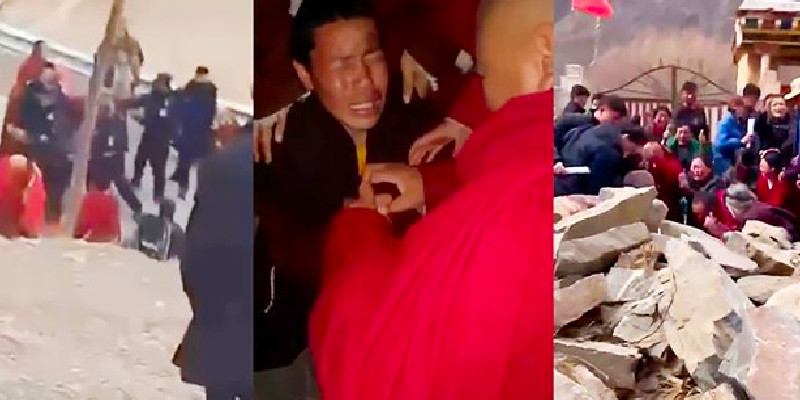Dharamshala, 17th January: Since the 2015 earthquake, China’s involvement in Nepal has grown, primarily through funding in reconstruction projects. For decades, Nepal’s southern neighbor, India, served as the country’s primary economic partner, a position now contested by China. China started a series of projects in Nepal worth $2.4 billion in 2019, including industries and hydropower facilities, accounting for nearly 7% of the country’s GDP.
In 2017, Nepal joined China’s Belt and Road Initiative (BRI), which involves creating a network of roads, railroads, power plants, and other infrastructure across countries along major trade routes. Airports, hydroelectric plants, and paved highways are all included. A 70-kilometer (43-mile) railway connection from Gyirong in the Tibet Autonomous Region to Kathmandu is also being built, raising fears in India about Beijing’s rising influence in the region.
However, the infrastructure boom is about more than geopolitics. Prior to the Covid-19 pandemic, tourism accounted for approximately 8% of Nepal’s GDP and was the fourth-largest industry by the number of persons employed. More than half of the million or so international visitors who arrived prior to the outbreak came to see national parks, notably those in the Himalayas, which are home to the world’s highest peaks.
However, several road and tunnel projects pass through sensitive areas such as national parks, and the development of hydroelectric facilities has been criticized by environmental groups and local communities for harming river ecosystems. Nepal’s minister of forests and environment, Shakti Bahadur Basnet, said he is well aware of the matter.
Nepal’s rivers, which flow across steep terrain, are an untapped powerhouse for Basnet, the minister of forests and the environment. Basnet claims that the country now generates 787 MW of hydroelectricity, but with China’s support, this could be increased to 100,000 MW within a decade. That is more power than Nepal requires, and the surplus can be sold to neighboring countries.
Raj Bhatta, a Himalayan hiking guide for the past 17 years, is one of many who is apprehensive about the developments in this area. He claims that they will devastate villages, farming, and hiking trails. He claims that the explosives used to build tunnels through the mountains disturb farming and force species out of their natural home. According to Bhatta, monkey troops assault villages for crops.
Photo credit: Jonas Gratzer/ Mongabay







Leave a Reply